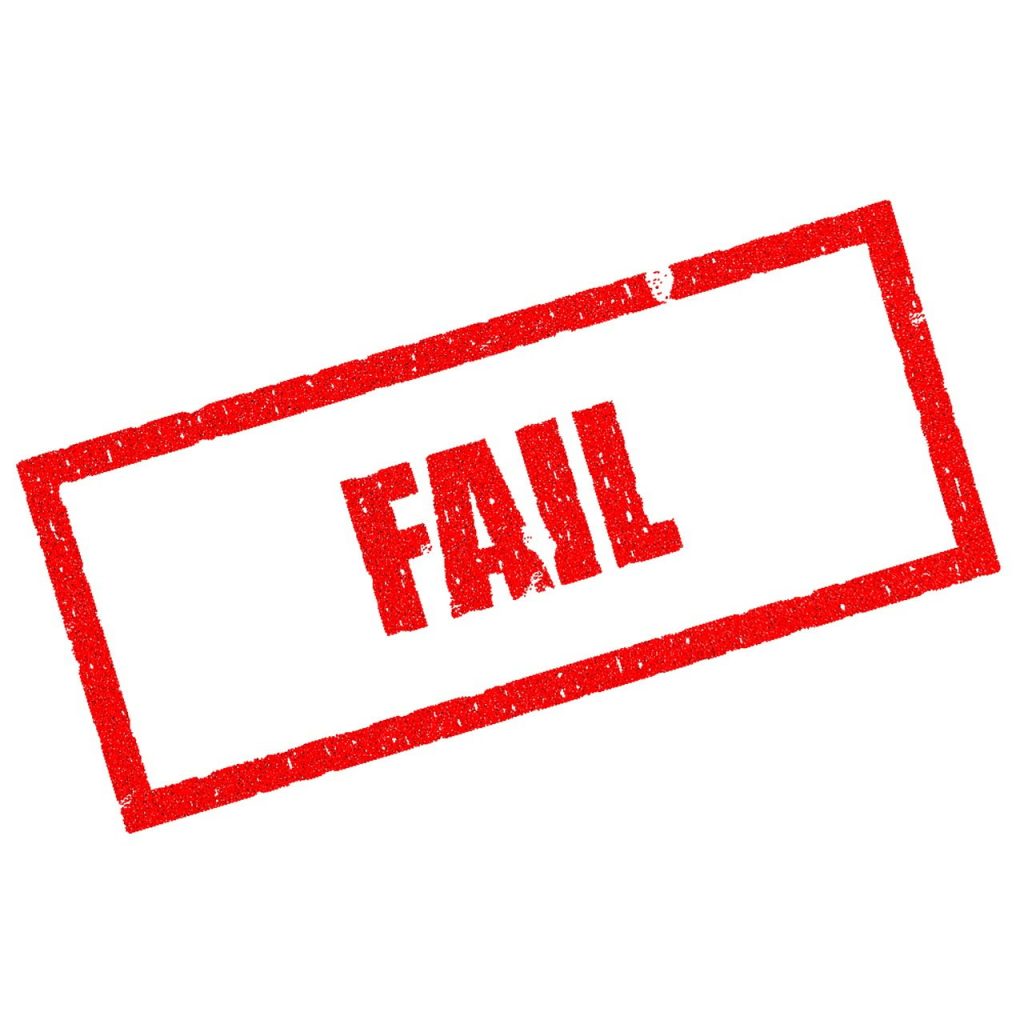
Between November 2023 and October 2024, the global economy faced unprecedented challenges, with certain industries bearing the brunt of business failures. Startups, in particular, were hardest hit, with 80% failing within their first three years. Understanding the root causes of these failures is critical to creating solutions that foster entrepreneurial success. At the International Alliance of Entrepreneurs (IAE), we are committed to equipping entrepreneurs with the tools, knowledge, and networks they need to survive and thrive.
The industries worst impacted by start-up failures
Over the past year, several industries have experienced high rates of business failures, with food and beverage services topping the list at 8.5%. Startups in this sector struggled due to rising operational costs, shifting consumer preferences, and supply chain disruptions. These challenges and fierce competition created an unsustainable environment for many new businesses.
Administrative and support services experienced a 6% failure rate, primarily due to fluctuating demand, lack of differentiation, and operational inefficiencies. Entrepreneurs in this sector often struggle to maintain consistent workflows and stand out in a competitive market. Similarly, the arts and recreation services industry saw a 5.9% failure rate, as declining consumer spending in discretionary categories, limited funding access, and poor financial planning left many startups vulnerable.
The transport, postal, and warehousing sectors faced significant challenges, with 5.8% of startups failing. Rising fuel costs, logistical inefficiencies, and intense competition made it difficult for new businesses to establish themselves. With a 5.3% failure rate, the construction industry was plagued by economic uncertainty, project delays, and cash flow problems, leaving startups in precarious positions.
Retail trade also recorded a 5.3% failure rate as startups struggled to compete with e-commerce giants, manage inventory effectively, and meaningfully engage customers. In the accommodation industry, 5.2% of startups failed due to fluctuating travel demand, high operational costs, and limited access to technological advancements such as online booking systems.
Education and training startups experienced a similar 5.2% failure rate. Oversaturation of online platforms, lack of differentiation, and marketing challenges hindered their success. Information media and telecommunications startups faced a 4.9% failure rate, as rapid technological changes, high development costs, and stiff competition made it difficult for new entrants to gain a foothold. Finally, with a 4.9% failure rate, the manufacturing industry grappled with rising material costs, supply chain issues, and shortages of skilled labour, all of which contributed to their struggles.
These failure rates highlight entrepreneurs’ challenges across various industries, underscoring the importance of targeted support, training, and mentorship to help startups overcome these obstacles and achieve sustainable growth.
Why do 80% of start-ups fail?
Across industries, some common themes emerge:
- Poor financial management: Lack of understanding about cash flow, budgeting, and cost control.
- Weak market research: Failure to identify and target the right audience or adapt to consumer needs.
- Lack of resilience: Inability to navigate economic uncertainties or adapt to changing circumstances.
- Inadequate support systems: Entrepreneurs often lack access to mentors, training, or industry networks.
How the IAE is tackling the 80% failure rate
The International Alliance of Entrepreneurs is dedicated to addressing these challenges with practical, impactful solutions:
- The IAE Toolkit:
A comprehensive training resource focused on:- Mindfit Mindset: Building entrepreneurial resilience and adaptability
- .Marketing Mastery: Creating effective strategies to attract and retain customers.
- Money Management: Managing cash flow, reducing costs, and planning for sustainable growth.
- Workshops and mentoring:
Tailored workshops address specific industry challenges, while experienced mentors guide entrepreneurs through critical decision-making processes. - Networking opportunities:
IAE membership provides access to a global community of entrepreneurs, enabling collaboration, resource sharing, and partnership opportunities.
A call to action
The high failure rates in these industries underscore the urgent need for action. Entrepreneurs must have the right skills, knowledge, and support to navigate an increasingly competitive landscape. By joining the International Alliance of Entrepreneurs, they gain access to invaluable resources that reduce the risk of failure and set them on the path to success.
If you’re an entrepreneur seeking to beat the odds, explore the IAE Toolkit and our tailored workshops. Together, we can transform the 80% failure rate into an 80% success rate.
Let’s build a future where start-ups thrive. Join the IAE today and unlock your entrepreneurial potential!